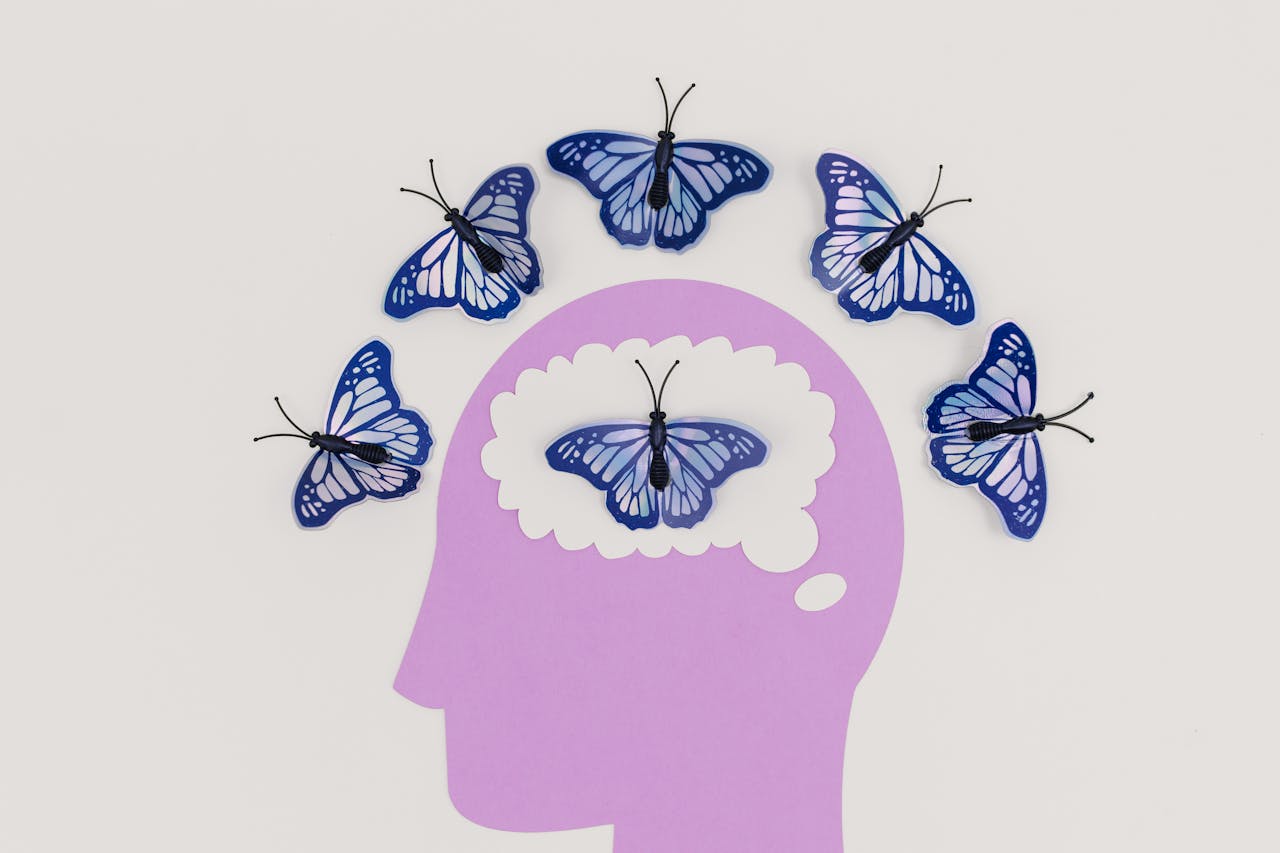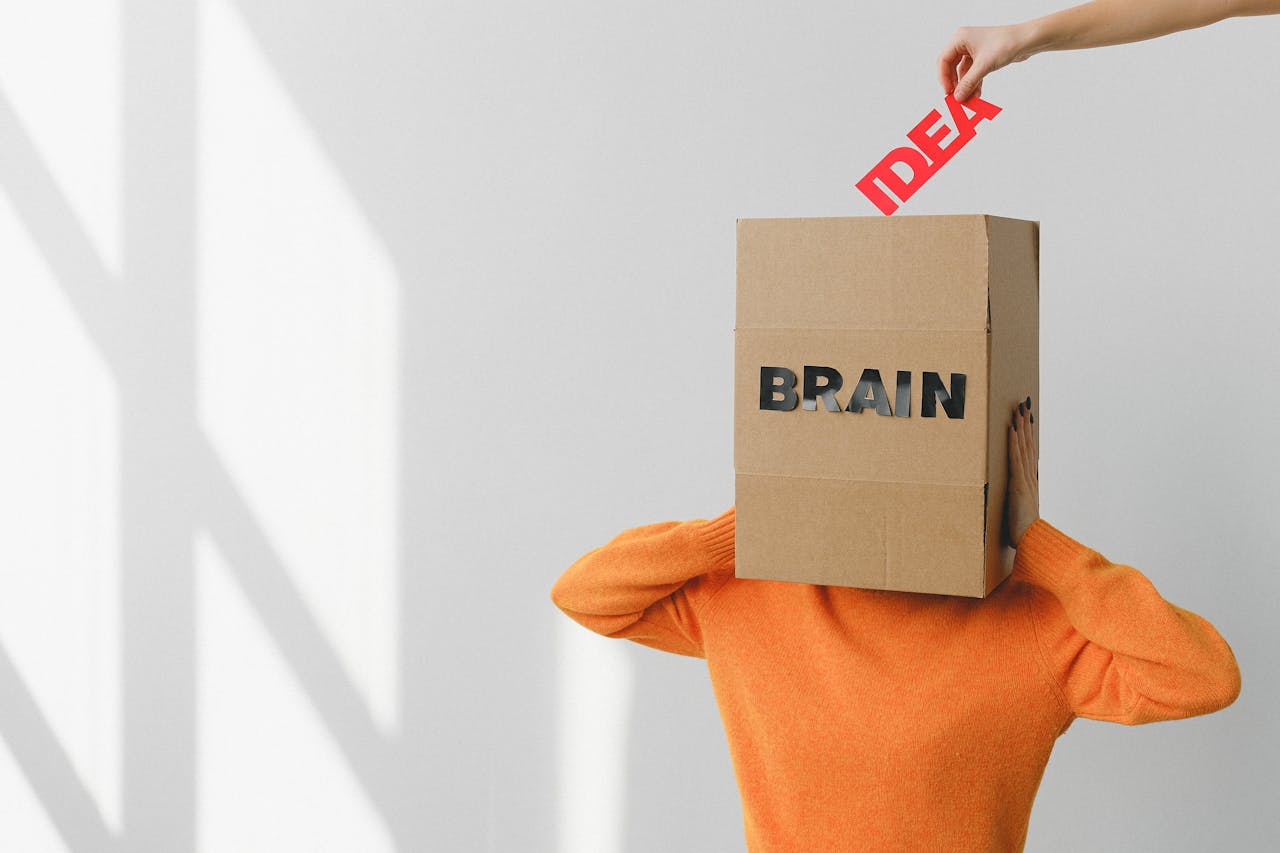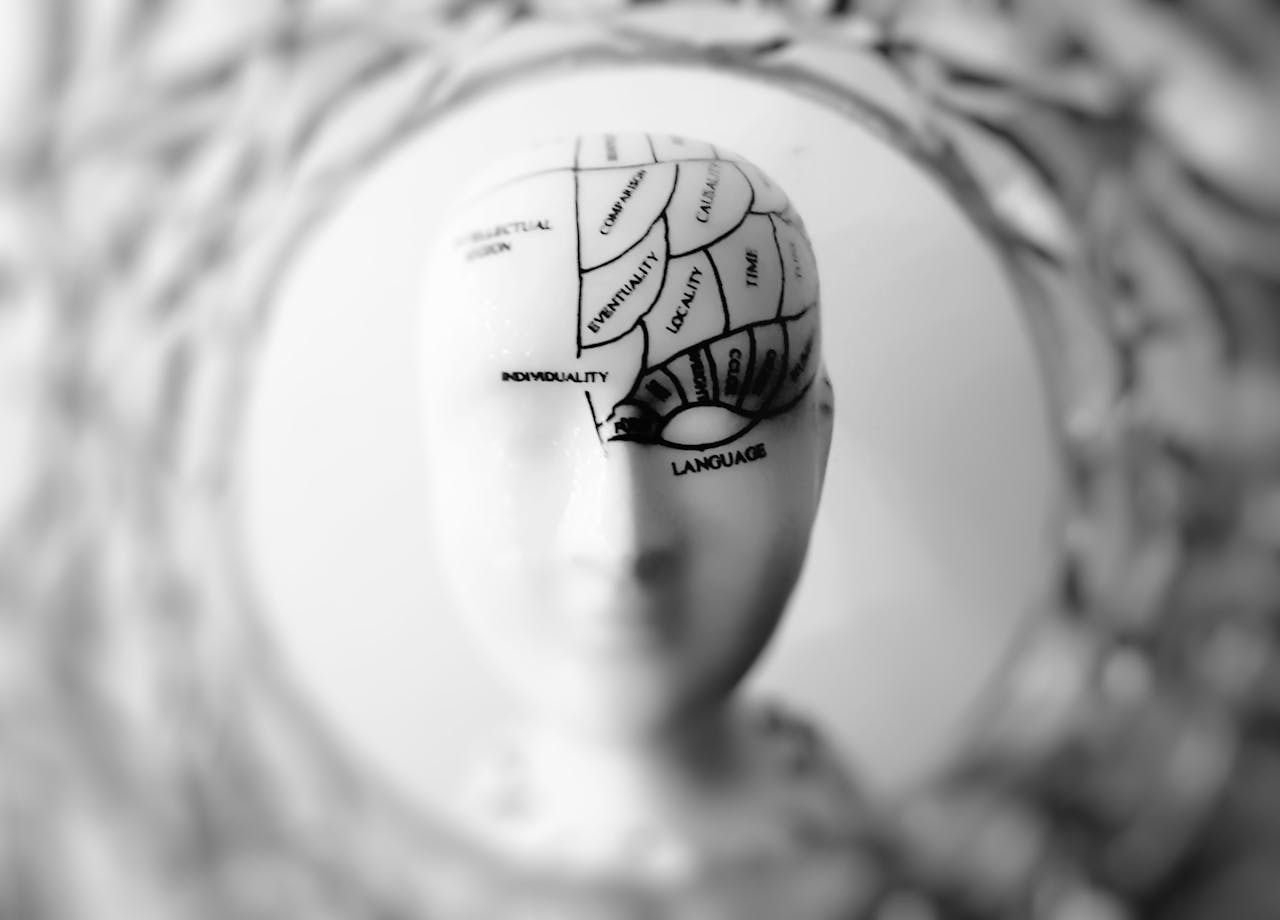Psychology Insights: Interesting Facts About the Mind
The human mind is a vast, complex, and endlessly fascinating subject. It controls everything we think, feel, and do, shaping our perceptions of the world and guiding our behaviors. There are many surprising and interesting aspects of how our minds work, from memory to emotions to unconscious biases. Here are some intriguing facts about the mind that reveal just how mysterious and powerful it really is.

Memory Isn't as Reliable as You Think
We often assume that our memories are accurate representations of past events, but in reality, they are far more fallible than we realize. Research shows that memory is reconstructive, meaning that every time we recall an event, we may unknowingly alter or distort it.
-
The misinformation effect: When exposed to incorrect information after an event, people can incorporate this false data into their memory. For example, eyewitnesses to a crime often have inaccurate recollections when influenced by leading questions.
-
Flashbulb memories: Even vivid memories, like where you were during a significant event (such as 9/11 or a major life event), are subject to inaccuracies. Studies reveal that these memories are no more reliable than everyday recollections despite their emotional intensity.
We Make Decisions Unconsciously Before We're Aware of Them
It may come as a surprise, but many decisions we believe we are consciously making have already been decided by our unconscious minds. This phenomenon has been demonstrated through studies in neuroscience.
-
Brain scans show: When people are asked to make simple decisions, like pressing a button, activity in the brain’s decision-making areas can be detected up to seven seconds before the person is consciously aware of their choice.
-
The unconscious mind at work: While we believe we are rational beings, much of our decision-making process is influenced by factors we’re not aware of, such as biases, instincts, and past experiences.
Your Brain Can "Feel" Empathy Through Mirror Neurons
Ever watched someone else get hurt and felt a jolt of discomfort or even pain yourself? This reaction is the result of mirror neurons, specialized brain cells that activate when we see others perform an action or experience emotion.
-
Empathy in action: Mirror neurons allow us to empathize with others, as they fire not only when we perform a specific action but also when we observe someone else doing the same. This is why we might wince when we see someone stub their toe or feel a sense of joy when watching someone succeed.
-
Social connection: These neurons are essential for understanding and connecting with others, and they play a critical role in social learning and human interaction.

The Mind Can Influence the Body (and Vice Versa)
The link between mind and body is strong, and what happens in one often affects the other. This connection is especially evident in phenomena like the placebo effect and psychosomatic symptoms.
-
The placebo effect: When patients believe they are receiving treatment (even if it’s a sugar pill), they often experience real improvements in their health. This demonstrates the power of belief and the mind’s ability to influence physical well-being.
-
Psychosomatic illness: Stress and mental health issues can manifest as physical symptoms, such as headaches, stomach problems, or fatigue. The brain’s stress response can have a tangible impact on the body, showing how intertwined our mental and physical health truly are.

Your Mind Can Play Tricks on You Through Cognitive Biases
Our brains have evolved to simplify complex information, but this can lead to cognitive biases—mental shortcuts that influence how we think and perceive the world. While they help us make decisions quickly, they can also lead us astray.
-
Confirmation bias: This bias leads us to favor information that confirms our existing beliefs while ignoring evidence that contradicts them. It’s a common reason why debates or arguments can be so difficult to resolve.
-
The anchoring effect: When making decisions, people often rely too heavily on the first piece of information they receive (the “anchor”), even if it’s irrelevant. For example, in negotiations, the first price mentioned can significantly influence the outcome, regardless of whether it’s reasonable.
We Can Train Our Minds to Be Happier
Happiness isn’t just a result of external circumstances—it’s also something that can be cultivated by training the brain. Positive psychology research has shown that we can increase our well-being through intentional practices.
-
Gratitude exercises: Regularly focusing on things you're grateful for can rewire your brain to notice and appreciate positive experiences, leading to greater overall happiness.
-
Mindfulness and meditation: These practices can help quiet the mind and reduce stress. Studies show that mindfulness can increase gray matter in the brain’s prefrontal cortex, which is associated with decision-making and emotional regulation.
Dreams Reflect Our Subconscious Mind
Dreams remain one of the most mysterious aspects of the human mind. While scientists have yet to fully understand why we dream, it’s clear that dreams can reveal insights into our subconscious thoughts and emotions.
-
Emotional processing: Some psychologists believe that dreams help us process emotions and make sense of difficult experiences. They may serve as a form of emotional “clean-up” during sleep, helping us work through issues we can’t resolve during our waking hours.
-
Lucid dreaming: In a lucid dream, the dreamer becomes aware they are dreaming and can sometimes control the dream's outcome. Lucid dreaming is rare but can be practiced by those who wish to explore their subconscious mind more consciously.
Final Thoughts: The Mind's Endless Potential
The human mind is a powerful tool with vast potential, and while we understand much about how it works, many mysteries remain. From the way we remember events to how we perceive the world and experience emotions, our minds shape every part of our reality. With the right strategies—like mindfulness and gratitude practices—we can even shape our mental habits to improve well-being and happiness. Exploring the workings of the mind not only helps us better understand ourselves but also connects us more deeply with others.












